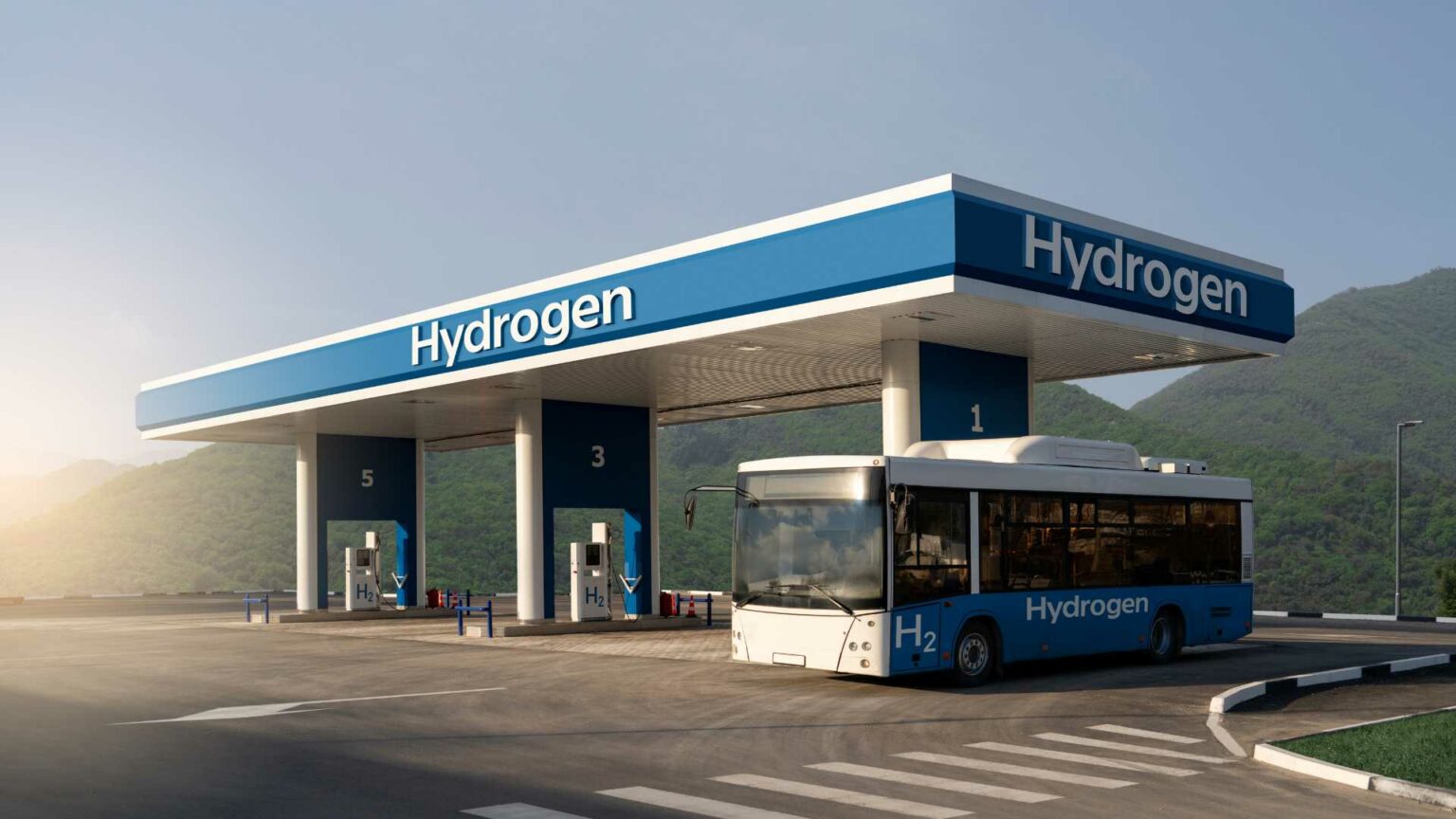NNB Generation Company (Sizewell C) Limited, a subsidiary of EDF Energy, has unveiled plans to introduce hydrogen-powered buses as part of a transportation strategy for workers at the Sizewell C nuclear power plant construction site.
The proposal outlines the deployment of four hydrogen-powered buses initially, serving as a pilot scheme from a depot in Ipswich. This pilot aims to reduce transport movements associated with worker commutes, showcasing a commitment to sustainability and emissions reduction. However, the scope remains limited, involving only eight two-way bus movements daily.
Looking ahead, plans suggest scaling up the fleet to potentially 150 buses, accommodating an estimated workforce of 8,500 during the projected construction period of nine to 12 years. Such scalability highlights the project’s ambition to establish the largest fleet of hydrogen buses in Europe, surpassing current benchmarks in clean transportation initiatives.
Critically assessing the economic viability of hydrogen-powered buses versus conventional diesel or electric alternatives is essential. Despite environmental benefits, hydrogen technology currently faces cost barriers related to production, distribution, and infrastructure development. Addressing these challenges is crucial for achieving long-term sustainability and economic feasibility.
Navigating the planning approval process for large-scale deployment necessitates comprehensive stakeholder engagement and regulatory compliance. Securing necessary approvals will be pivotal in advancing from the pilot phase to full-scale implementation. Transparency and adherence to environmental standards are paramount in gaining community and regulatory support.
